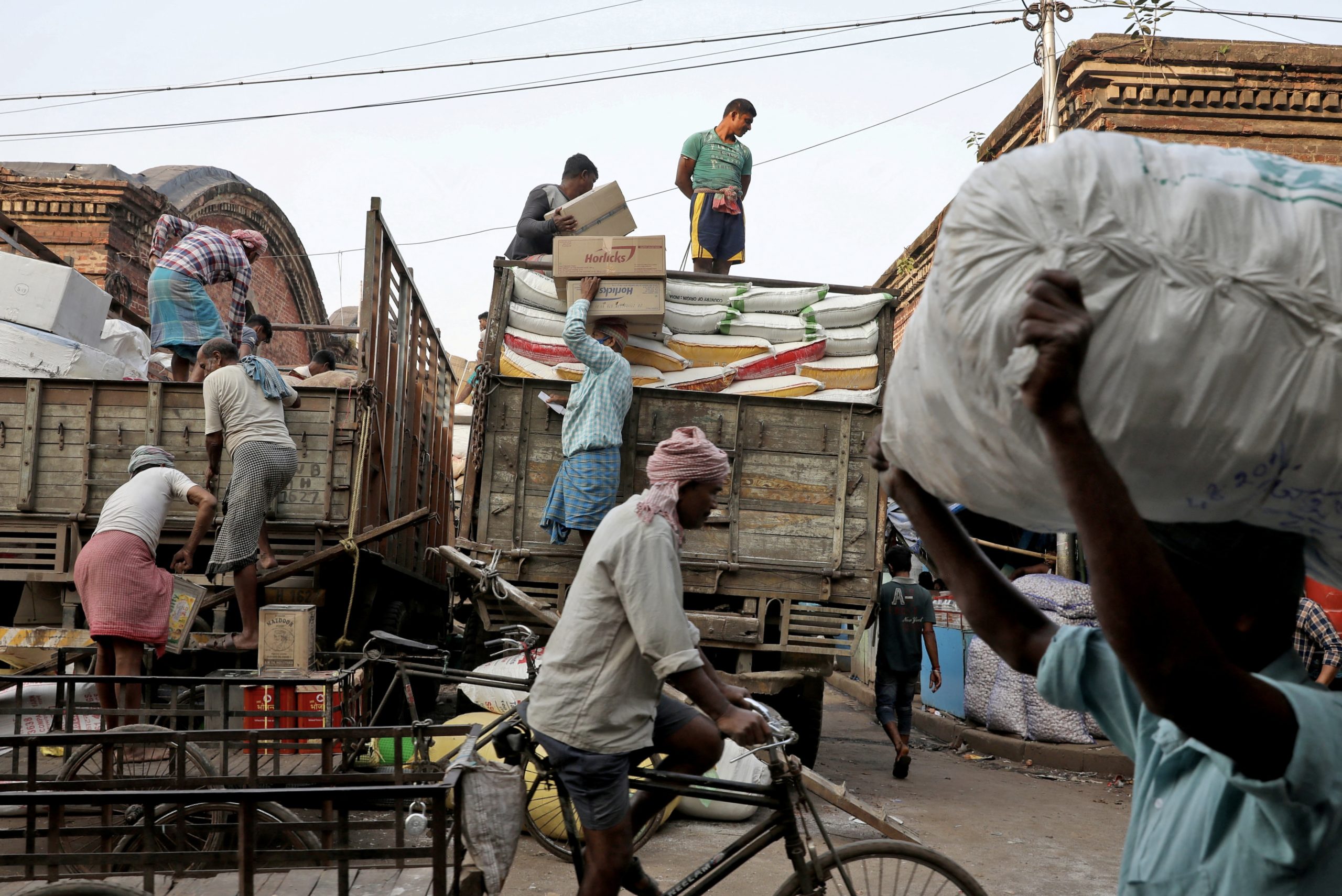New Delhi: The World Bank on Tuesday made public its report on the Indian economy, saying that inflation has increased in India but there is not much impact due to the control of food and fuel prices.
After the pandemic, the labor market has once again improved. But jobs in manufacturing and construction sectors are yet to reach pre-pandemic levels.
The World Bank says that the real GDP growth rate will be 6.3 percent in the financial year 2023-24. Inflation is expected to fall. Explain that India is the fastest growing economy in the world. During this time, some risks seem to be visible.
It is believed that the earthquake in the financial sector of US and Europe will also have an impact on India.
The World Bank has shared the India Development Update Report related to India today. The report claims that India’s growth will remain somewhat resilient, although the Indian economy appears to be a number of factors of recovery after the pandemic.
At the same time, many challenges still exist at the global level, but India remains in the fastest growing economies.
India’s GDP growth is likely to slow to 6.3 per cent in 2023-24 due to a decline in consumption, down from the earlier estimate of 6.6 per cent.
In its latest estimate of India’s growth, the World Bank said slow growth in consumption and challenging external conditions could hamper growth.
“Slower income growth and costlier credit will have an impact on private consumption growth. Government consumption is also expected to slow down due to the withdrawal of pandemic-related financial support measures.”
The report said that the current account deficit may come down to 2.1 percent in 2023-24, which was three percent. On inflation, it has been estimated that it may come down from 6.6 percent to 5.2 percent.


